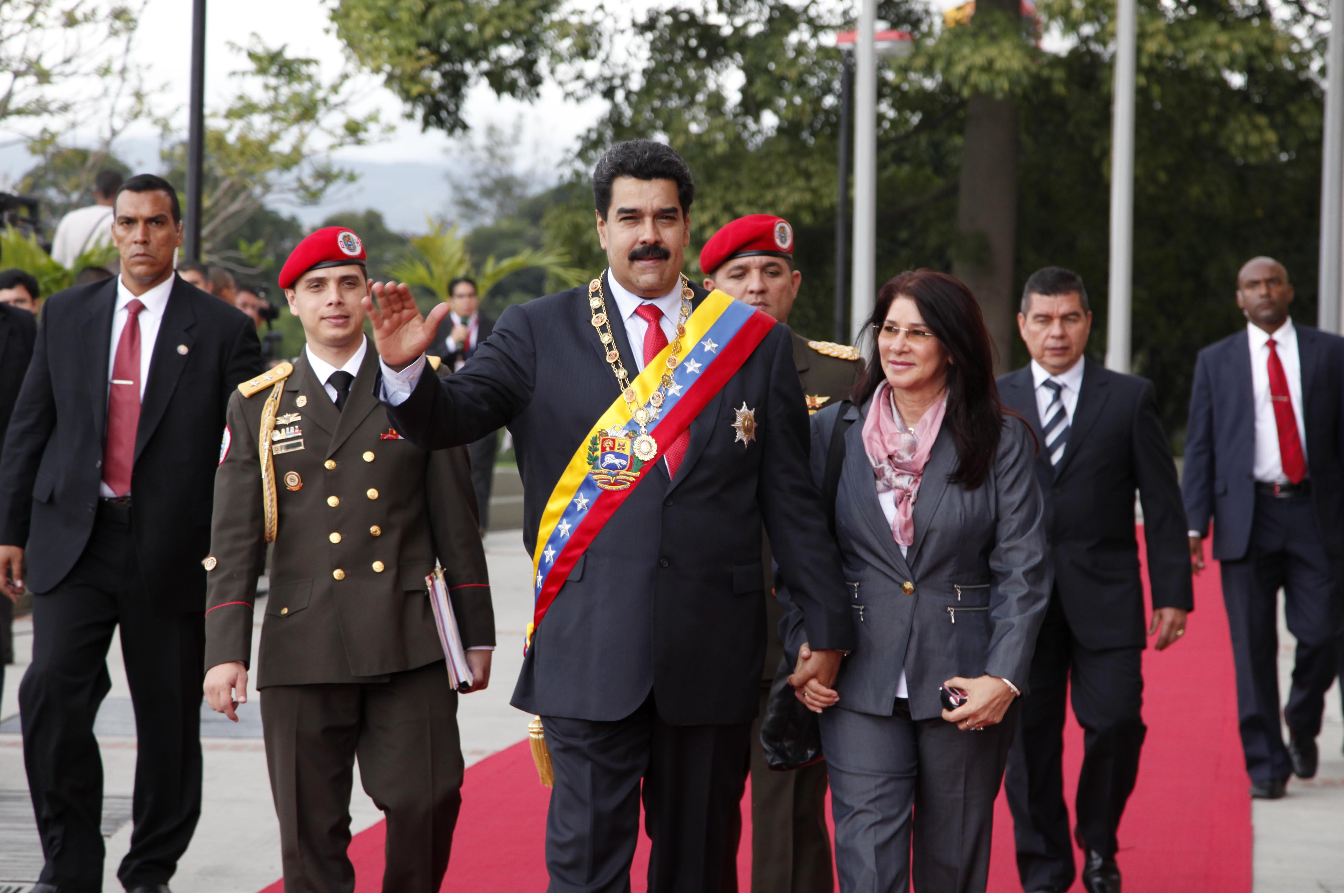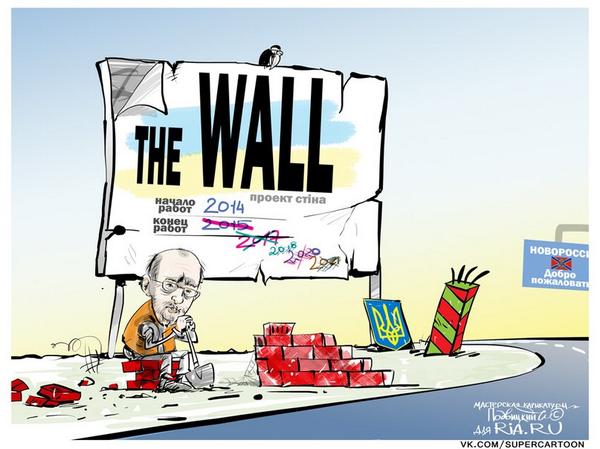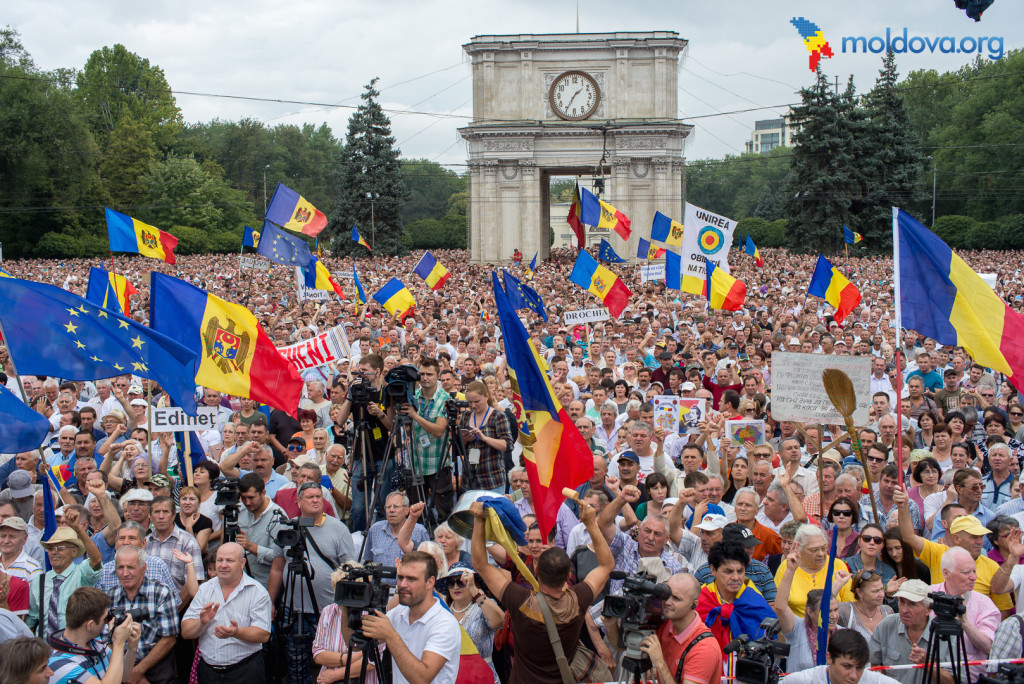This past March, British investment bank Barclays announced that Venezuela had cut in half its subsidized shipment of crude oil to Petrocaribe member nations, bringing it down to 200,000 barrels per day. This news is the latest in a spate of stories on the socialist country’s recent economic troubles, making its continued subsidization of oil sales to neighbouring countries all the more ironic.
The Petrocaribe program, launched in June 2005 under the leadership of socialist Venezuelan President Hugo Chávez, is an alliance linking oil-rich Venezuela and 10 members of the Caribbean community, along with Nicaragua, and El Salvador. The energy-assistance partnership allows the latter countries to purchase oil from the former at market value for 5% to 50% up front, with the remaining amount paid through a 17-25 year financing agreement. The more expensive oil is, the more lenient the terms of the agreement; in the past, interest rates have been as low as 1%. Following Chávez’s death, his successor Nicolás Maduro took up the mantle, championing the program as yet another example of socialist benevolence.
On the surface, Petrocaribe has been a boon for Venezuela and its allies: cash saved by subsidized countries has been diverted to a number of different areas, including energy subsidies, education, and other infrastructure projects, while Venezuela has benefited from increased political support in forums ranging from the UN to the Organization of American States. For Caracas, this support is an important tool in reducing the influence of what it calls the “US imperialist elite”, while Caribbean countries say that Petrocaribe money is “less stringent, gives you more leeway, and allows you to fund your own country strategy.”
Yet these benefits mask a deeper, more serious regional issue: one that Jason Marczak, deputy director of the Adrienne Arsht Latin America Center, has called a “culture of dependence for Central American and Caribbean countries.” The Petrocaribe partnership has left countries with severely underdeveloped energy sectors and vulnerable to external shocks, further decreasing the economic and political stability of the region.
For Jamaica, Guyana, Nicaragua, and Haiti, the value of preferential Venezuelan financing for oil imports is more than 10% of government revenue and equivalent to around 4% of GDP. And despite the preferential terms, the partnership still leaves countries vulnerable: agreements can be cancelled or modified with just 30 days notice, effectively cutting off the flow of financing and forcing countries to pay market rates. “If Petrocaribe ends tomorrow, we will be asphyxiated,” said a senior Haitian government official. Eurasia, a risk-consultancy, said in a recent report that “a reduction in Venezuelan aid [would] have important policy ramifications for member countries, prompting officials to look elsewhere for resources.” Petrocaribe, despite its numerous benefits, has potentially crippling implications – so much so that Scotiabank has called it “more noose than lifeline.”
These implications do not only exist for benefactor countries. At the same time, the financial burden of the Petrocaribe alliance has contributed to Venezuela’s ongoing recession. Since 2005, Venezuela’s socialist government has sent $70 billion of subsidized oil to Petrocaribe countries. With an economy forecast to contract by 7% in 2015, Caracas has recently cut shipments by nearly 40%, according to Petro-Logistics SA, a Switzerland-based consultancy that tracks oil-tanker movements.
As the country deals with food shortages, low oil prices, and rising inflation, Petrocaribe subsidies have become more and more of a burden. Between 2011 and 2013, deferred payments cost Venezuela an average of 2.3 billion USD each year in lost income. Compounded with the additional burden of local energy subsidies, which – much like Russia – Caracas uses to gain political support, it is unclear how much longer the Petrocaribe program will be seen as viable by the Maduro administration. While for now, desire to maintain influence in the Caribbean – and to support “Chavez’s legacy” – has outweighed economic pressures, it is unclear how long that might last, especially with government critics increasingly calling for an end to the partnership.
Moreover, Caracas has recently imposed more stringent terms on the partnership: Guatemala withdrew from the group last years after the terms became less favourable. Energy analyst Peter Schechter notes that “everybody is seeing a consistent decline in Venezuela’s oil production,” calling into question the sustainability of Petrocaribe.
Even with the program, Caribbean energy costs still remain high. In Jamaica, the average monthly electricity bill is equivalent to one week’s earnings for those on the minimum wage. These debilitating costs derive in part from these countries’ dependence on oil: imported oil remains the dominant energy source in much of the Caribbean. 75% of Haiti’s energy generation comes from oil, while Jamaica spends more on fuel imports than it earns on tourism.

The Petrocaribe partnership has contributed to, rather than lessened, these issues. Coupled with antiquated energy infrastructure and legally protected power-supply monopolies, the cheap financing permitted by the alliance has eliminated the price signals needed to stimulate investment in alternate energy sources, further preventing countries from diversifying their energy sector. Energy analysts from all over are highlighting the need for this diversification, with one claiming that “building a joined-up electricity grid linking islands and mainland markets would be a more robust energy strategy than taking handouts from Petrocaribe.”
The central problem, as many have noted, is that one may cease to be an option before the other is available. In the next part of this two-part series, find out how Latin American energy issues represent an important opportunity for Canada to demonstrate leadership and further its interests.




